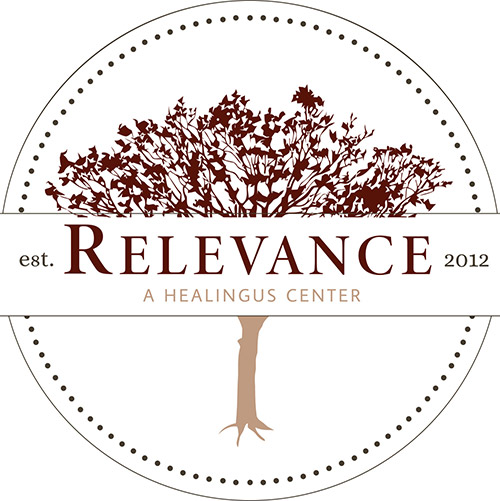Medication Assisted Treatment for addiction or MAT combines the well-studied behavioral therapy benefits with medications to treat substance use disorders and addiction. Choosing a medication-assisted therapy program means that your treatment for opioid, alcohol, or other addictions may include medications (approved by the Federal Food and Drug Administration for use in addiction treatment) along with evidence-based counseling and behavioral therapies. The goal of these programs is to provide a holistic or “whole patient” approach to addiction treatment.
What Is Addiction?
Addiction is a complex disease of the brain. It is characterized by the overwhelming compulsion to use or drink despite harmful and adverse consequences. If you struggle with an addiction, you have an intense focus on using (and obtaining) certain substances, often to the point at which it takes over your life. Fortunately, there are many effective treatments available that allow those struggling with addiction to recover and lead sober, healthy lives free from substance use.
Who Is Eligible for A MAT Program for Addiction?
While all addictions are treatable and should be treated at a skilled addiction treatment center, not all addictions are necessarily best served by a MAT program for addiction. Opioids, including prescription pain medications (such as OxyContin and Vicodin) as well as illicit drugs, including heroin and Fentanyl, are drugs with high risks of misuse and addiction.
Medication-assisted treatment programs help treat opioid addiction by reducing withdrawal symptoms and cravings through the use of specific medications. Significant research has shown these medications are the most effective way to treat opioid disorders and ensure long-term recovery for opioid-addicted patients.
When someone becomes dependent on opioid drugs, they experience intense and sometimes overwhelming withdrawal symptoms when they are not using them. These symptoms are part of what makes a recovery from opioid addiction so difficult. MAT helps to reduce cravings and minimize withdrawal symptoms. It also can help the brain heal from the changes opioid use causes. With MAT, patients can focus on recovery and therapy instead of substance seeking.
Addiction treatment programs providing medication-assisted treatment tailor medications to address each patient’s unique cravings and withdrawal symptoms. There are currently several medications that have been approved by the Federal Food and Drug Administration that are used in MAT programs. The most well-known of these include naltrexone, buprenorphine, and methadone. In conjunction with specifically tailored medication programs, MAT programs provide a comprehensive treatment approach that includes evidence-based addiction therapy to address behavioral challenges, support recovery, and prevent relapse.
MAT programs are not without misunderstanding. Some people believe MAT is simply the process of substituting one addiction for another. This is an unfortunate misconception. Taking medications to help reduce symptoms associated with opioid addiction is similar to taking medications to mitigate symptoms of any other chronic disease. Also, the medicines provided during treatment are not used long-term. As treatment progresses and addictive behavior becomes manageable, patients generally begin to wean off supplemental medications.
Get Help With Addiction Today at Relevance Recovery
Throughout treatment, you will learn coping skills that can be called upon when triggers would have previously encouraged substance-seeking behavior. When used according to your provider’s instructions, medication-assisted treatment is the best available treatment for opioid addiction. However, it is essential to note that while MAT can be highly beneficial, it is not suitable for everyone in all situations. To determine if a MAT program would be best for you, contact your primary care provider or an addiction treatment center like Relevance Recovery.
If you or a loved one are struggling with opioid addiction in New Jersey and would like to learn more about how a medication-assisted treatment program may be able to help you achieve sobriety and long-term recovery, contact us at Relevance Recovery today. Let our caring and compassionate staff guide you on the first steps of your recovery journey.



















